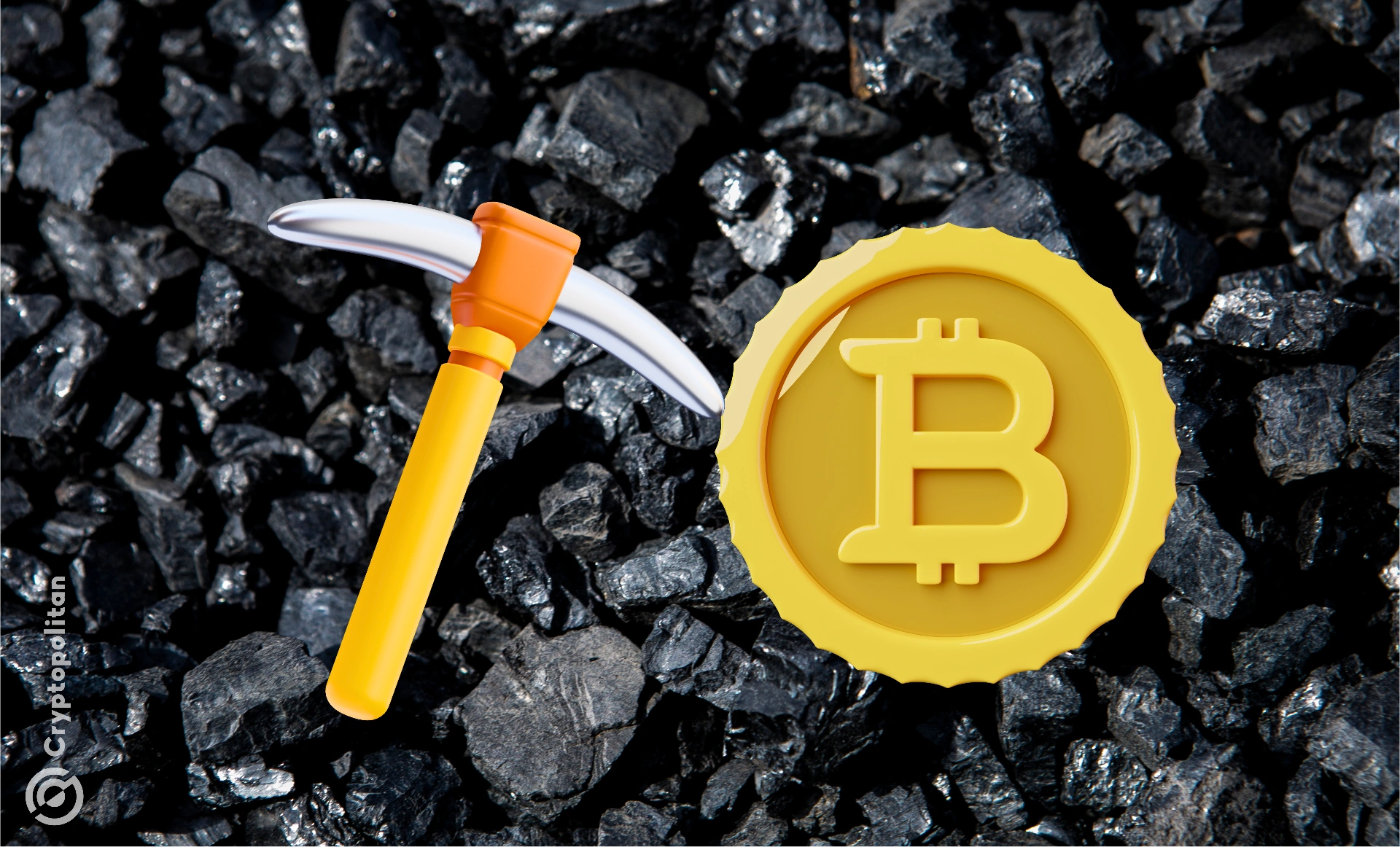Bitcoin miners are facing a tough reality right now. The April halving cut rewards in half, from 6.25 BTC to 3.125 BTC per block, making it harder for miners to stay profitable.
On top of that, rising energy costs are eating into what little profit is left. This is the kind of squeeze that has miners scrambling to figure out how to keep the lights on and the rigs running.
JPMorgan’s latest report said that the second quarter of 2023 was a historic disaster for miners. According to analysts Reginald Smith and Charles Pearce:
“Margins and profitability have been crushed across the board.”
The economics of mining took a beating too, and it’s not looking great for anyone who hasn’t adapted quickly.
Back in Q1, miners were riding high, with hash price averaging $0.11 per TH/s. But that good run hit a brick wall in July. Hash price tanked to all-time lows, and mining difficulty followed, dropping 10% from its peak.
We’re now sitting at 82.0 T in difficulty, which is a slight recovery but still a far cry from the pre-halving levels.
What this means is that miners are having to do a lot more work for a lot less reward. The average network efficiency is estimated at 33.3 J/TH, which translates to an average network power price of $65/MWh.
This is the new normal that miners have to contend with—higher costs and lower payouts. It’s no wonder some miners are barely hanging on.
From January 1 through July 23, 2024, miners managed to generate 12.97k BTC in transaction fees, raking in $863 million. Not bad, but when you factor in the costs and the halved rewards, it’s clear that miners are running on fumes.
JPMorgan’s revised hashrate target for the end of 2024 now sits between 725 EH and 775 EH, up from their previous range. If the difficulty keeps climbing like it has in the past two years, we could see it hit between 670 EH to 760 EH by year-end.





